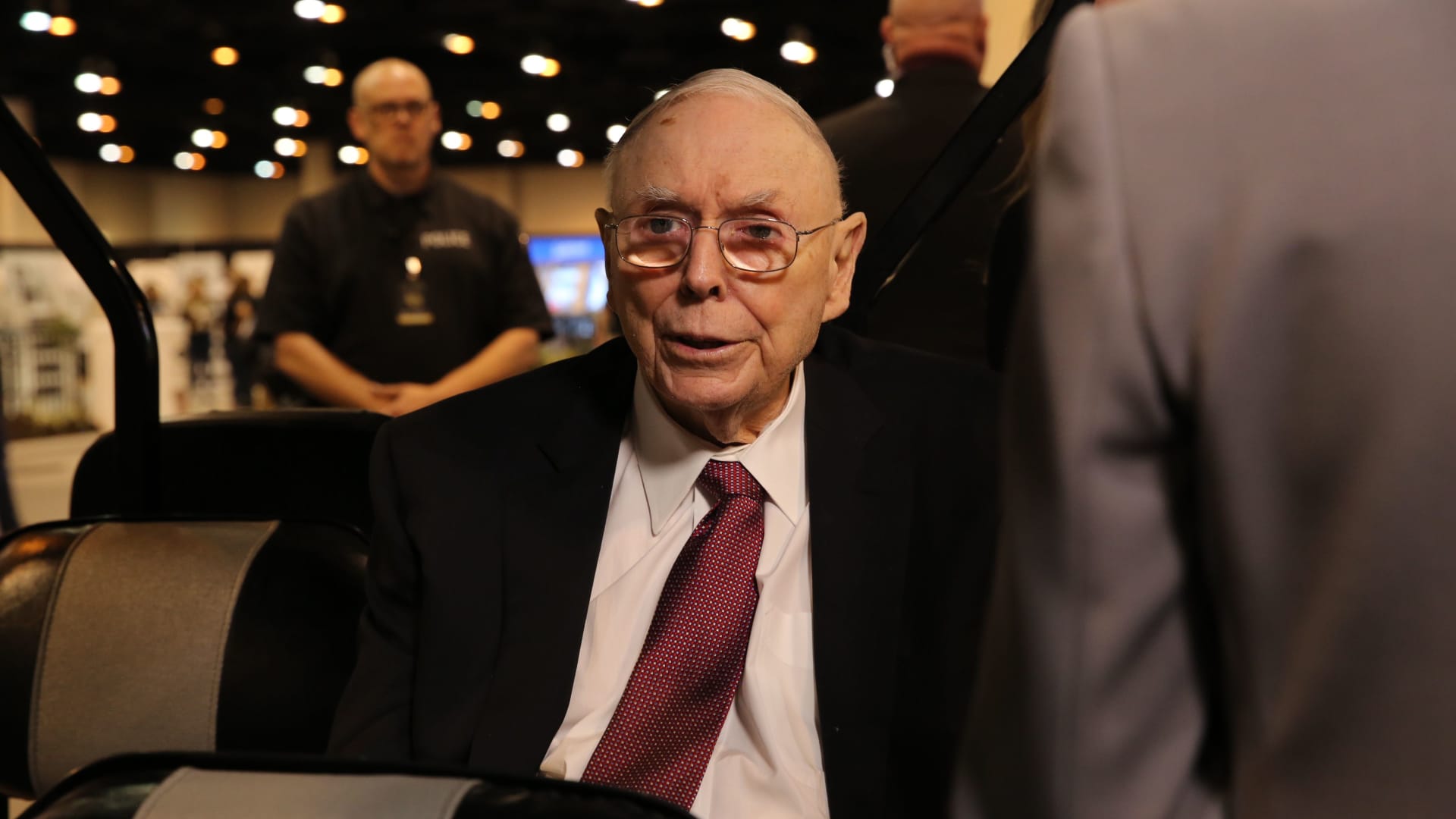Products You May Like
Warren Buffett is arguably the most celebrated investor of our generation, but he couldn’t have earned the title without Charlie Munger’s influence.
Munger, Berkshire Hathaway’s vice chairman who passed away Tuesday at the age of 99, was instrumental in directing a young Buffett into buying strong-brand quality companies instead of dirt-cheap failing names that he called “cigar butts.”
The blueprint Munger instilled in Buffett was simple: To buy a wonderful business at a fair price, not a fair business at a wonderful price. It became the reason that Berkshire managed to grow into an empire consisting of first-class businesses in insurance, railroad, retail, energy and manufacturing.
“It took Charlie Munger to break my cigar-butt habits and set the course for building a business that could combine huge size with satisfactory profits,” Buffett wrote in Berkshire’s the 50-year anniversary letter in 2014. “Charlie’s most important architectural feat was the design of today’s Berkshire.”
The “Oracle of Omaha” compared buying troubled companies at deep discounts to picking up a discarded cigar butt that had one puff remaining in it. “Though the stub might be ugly and soggy, the puff would be free. Once that momentary pleasure was enjoyed, however, no more could be expected,” he said.
Straightening Buffett out
Buffett studied under fabled father of value investing Benjamin Graham at Columbia University after World War II and developed an extraordinary knack for picking cheap stocks. He said Munger made him realize this cigar-butt investing strategy could only go so far, and if he wanted to expand Berkshire in a significant way, it wouldn’t be enough.
“He actually hit me over the head with a two by four from the idea of buying very so-so companies at very cheap prices, knowing that that was some small profit and looking for really wonderful businesses that we could buy at fair prices,” Buffett said in an interview.
As Munger put it at the 1998 Berkshire shareholder meeting: “It’s not that much fun to buy a business where you really hope this sucker liquidates before it goes broke.”
See’s Candies
While Buffett said there was not a strong line of demarcation where Berkshire went from cigar butts to wonderful companies, the deal to buy See’s Candies marked a significant step towards that direction.
In 1972, Munger convinced Buffett to sign off on Berkshire’s purchase of See’s Candies for $25 million even though the California candy maker had annual pretax earnings of only about $4 million.
It has since produced more than $2 billion in sales for Berkshire.
“Overall, we’ve kept moving in the direction of better and better companies, and now we’ve got a collection of wonderful companies, Buffett said.
